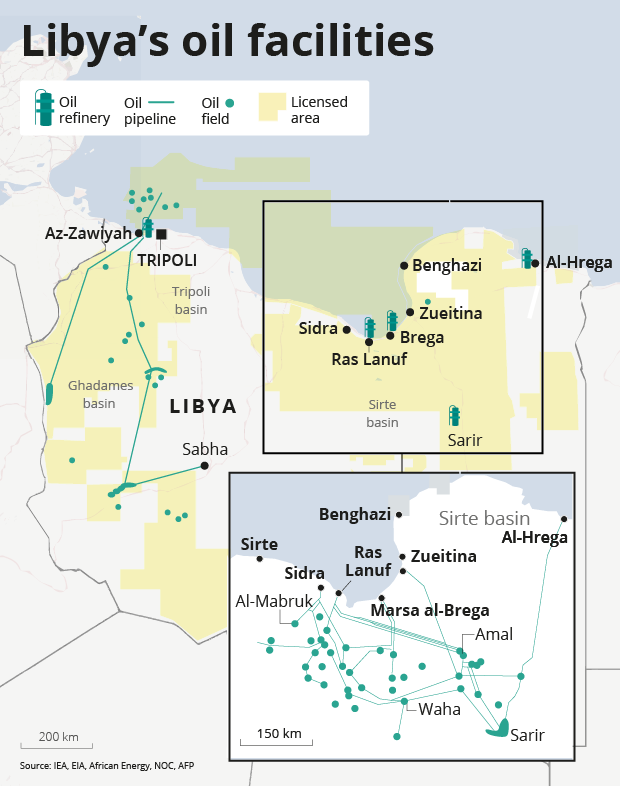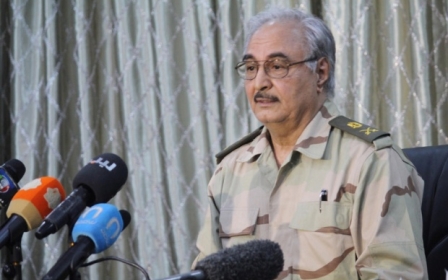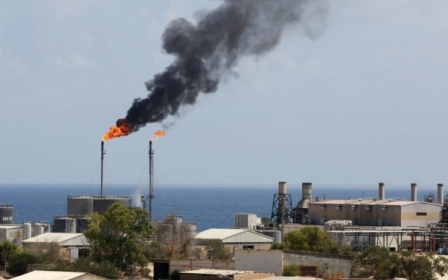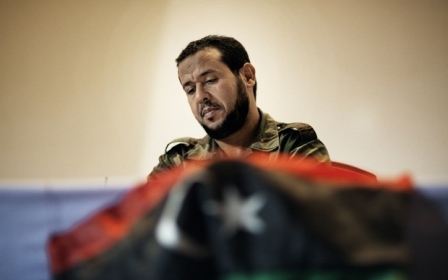Libya's Haftar captures two oil terminals, says spokesman
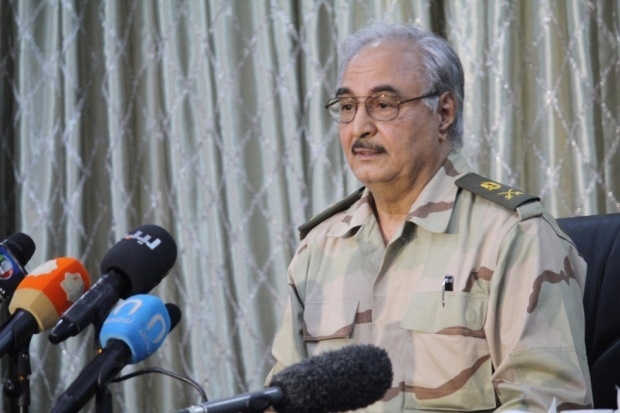
Troops commanded by Libyan military strongman Khalifa Haftar seized two of the country's key eastern oil terminals on Tuesday, a spokesman said.
"Ground, sea and air forces launched joint attacks to liberate Ras Lanuf from terrorist groups," Khalifa al-Abidi said after orders were issued for the offensive, which also targeted the nearby Al-Sidra oil terminal.
Both sites were seized by a rival Islamist-led force earlier this month.
Libya has experienced years of violence and lawlessness since the 2011 NATO-backed ouster of longtime dictator Muammar Gaddafi, with rival parliaments and governments trading barbs and militias fighting over territory and a share of the country's vast oil wealth.
In September, pro-Haftar forces captured Ras Lanuf, Al-Sidra and two other eastern oil ports in a blow to the authority of the UN-backed unity government in Tripoli.
Haftar backs a rival administration in the country's far east that has refused to cede power to the Government of National Accord (GNA) since it started working last year.
The UN-supported GNA has struggled to assert control since its installation in the capital a year ago.
The GNA has denied having any connection to the takeover of Ras Lanuf and Al-Sidra.
Fresh fighting also erupted on Tuesday between rival armed groups in Tripoli, authorities there said.
Gunfire and explosions could be heard in two neighbourhoods west of the city centre, witnesses said, and several key thoroughfares were blocked, leaving many trapped in their homes.
It was not immediately clear who was involved in the Tripoli clashes.
New MEE newsletter: Jerusalem Dispatch
Sign up to get the latest insights and analysis on Israel-Palestine, alongside Turkey Unpacked and other MEE newsletters
Middle East Eye delivers independent and unrivalled coverage and analysis of the Middle East, North Africa and beyond. To learn more about republishing this content and the associated fees, please fill out this form. More about MEE can be found here.


